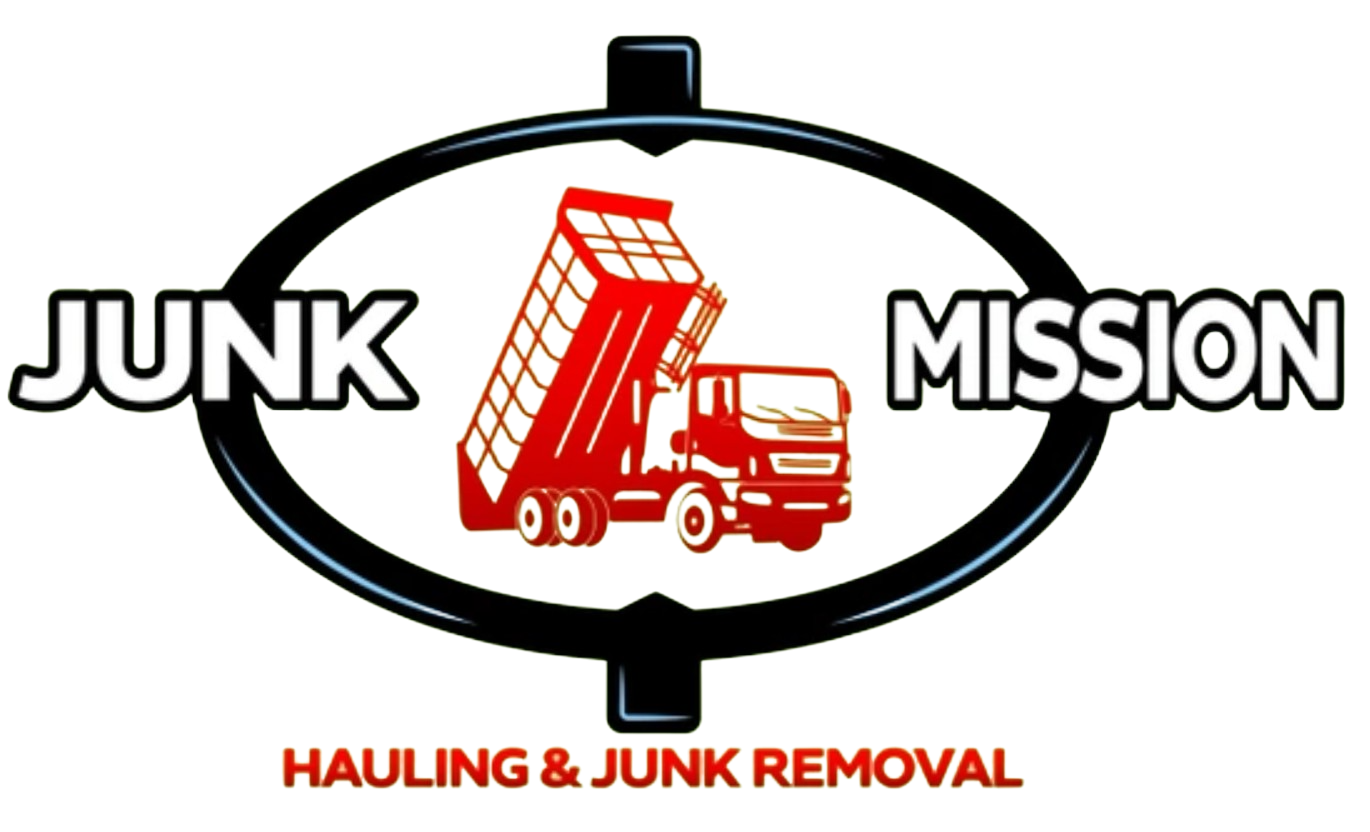Southern California’s Orange County is a popular destination for living and setting up a business due to its beautiful beaches, exciting cities, and rich cultural diversity. It is home to a growing population and thriving industries. As the county grows, it must figure out how to deal with its waste.
Residents and businesses create a large amount of trash yearly in Orange County. By keeping recyclables out of landfills, recycling helps reduce the amount of waste that needs to go into landfills, making these facilities last longer and less affecting the environment.
Paper, cardboard, plastic bottles, aluminum cans, and glass jars are just some of the recyclables accepted at the many Orange County recycling centers. The government encourages residents and business owners to recycle as much as possible and dispose of recyclables in specially designed bins.
Understanding Recycling
Recycling refers to collecting, sorting, processing, and reusing materials that would go to waste. It involves changing waste products into new materials or goods, reducing the need to extract virgin resources, and lowering the environmental impact of resource extraction and trash disposal. It has become an integral part of efforts to promote sustainability, conserve resources, and protect the environment.
Single-stream recycling simplifies recycling by collecting all recyclable materials in a single bin. In this recycling system, a material recovery facility (MRF) gathers recyclables of different categories and processes everything as a whole.
Recycling is an essential component of the circular economy, a sustainable economic model that aims to minimize waste and maximize resource efficiency. A circular economy seeks to create a closed-loop system by reducing waste and maximizing the reuse and recycling of resources rather than the more conventional “take-make-dispose” model.
This move toward a circular economy encourages people to make and use things in good ways for the earth and society.
The State of Recycling in Orange County
Private waste management companies the county and city governments hire handle most of Orange County’s trash. Residents have their waste cans for regular trash, recyclable materials, and green waste. They segregate their waste into these designated bins, collected on scheduled collection days.
Composting and recycling of green waste are two practices that Orange County encourages as a way to reduce the amount of organic waste sent to landfills. The region promotes composting and green waste recycling to reduce the amount of organic waste sent to landfills.
The county maintains several material recovery facilities and drop-off locations To accommodate residents with recyclables unsuitable for curbside pickup. These facilities ensure that they appropriately handle and recycle all electronic waste, household hazardous waste, and building debris.
Innovative Solutions in Orange County Recycling
The innovative recycling operations of Orange County are a shining example of the county’s dedication to environmental stewardship. Orange County exhibits its commitment to a circular economy and a greener future through various initiatives that focus on trash generated from building and demolition, food waste, polystyrene foam, electronic waste, textiles, and mattresses.
In Orange County, California, several programs support recycling and managing garbage, such as curbside collection and the Bottle and Can CRV (California Redemption Value) program. These programs make recycling more accessible and more efficient for residents.
Most residents in Orange County opt for curbside pickup because it is easy and efficient. This service collects recyclables from individual homes using specially equipped vans and containers.
The Bottle and Can CRV (California Redemption Value) system in California is an incentive-based recycling program that encourages the recycling of beverage containers such as aluminum cans, plastic bottles, and glass bottles. It operates on the principle that consumers pay a refundable deposit when purchasing specific beverage containers, and they can receive that deposit back by returning the empty containers to certified material recovery facilities.
Recycling and the Environment
Methane, a potent greenhouse gas that contributes to climate change, is produced when waste buried in landfills begins to decompose. Recycling reduces the amount of trash that goes to landfills, reducing methane pollution. Waste may release harmful gases, leach contaminants into groundwater, and pollute the soil. By diverting waste from landfills, recycling minimizes these environmental risks, helping to maintain clean air, water, and soil.
Orange County has implemented various initiatives to increase its landfill diversion rate, aiming to reduce waste generation and promote sustainable waste management practices. The landfill diversion rate refers to the percentage of garbage reused, repurposed, or otherwise redirected from landfills. The greater the diversion rate, the less trash goes to landfills.
Zero waste has become a guiding principle for many communities committed to sustainable waste management practices. In Orange County, California, the pursuit of Zero Waste has gained momentum as the region recognizes the environmental, social, and economic benefits of reducing waste and diverting it from landfills.
Community Participation and Education
Orange County residents have made recycling an essential part of their daily lives. Their active involvement in recycling programs and commitment to sorting trash has dramatically impacted the county’s high recycling rates. Educational initiatives of Orange County raise awareness about waste reduction, recycling, and responsible consumption, fostering a culture of environmental consciousness within the community.
Improving recycling habits is an effective way for individuals to contribute to a more sustainable future. Learn what kinds of materials can be recycled, how to prepare those materials properly, and whether or not there are any local recycling programs or facilities that you can take advantage of.
When people understand how materials are recycled, the benefits of recycling, and the environmental impact of waste, they are more likely to engage in proper recycling practices. Knowledge empowers individuals to make informed decisions and take responsibility for waste management.
Check the official websites of any waste management agencies or Orange County’s government for more information. They frequently supply detailed information on recycling programs, guidelines, and available resources in communities.
Navigating The Challenges of Recycling
E-waste and household hazardous waste (HHW) are two categories that call for more specific ways of recycling and disposal.
E-waste comprises various materials, such as lead, mercury, and brominated flame retardants. Orange County has developed and implemented comprehensive recycling systems for e-waste to address the issues associated with electronic waste.
The county operates specialized collection centers and organizes recycling events for e-waste to promote environmentally responsible disposal practices among county inhabitants.
Like e-waste, HHW incomes from cleaning goods, batteries, paints, pesticides, and medicines. These materials often have poisonous chemicals handled and thrown away properly. Regular HHW collection events and permanent drop-off centers in Orange County ensure these materials are gathered separately and taken to specialized facilities for safe disposal or recycling.
Policy and legislation establish regulations and standards for the handling, disposing, and recycling e-waste and HHW. They set specific requirements for collection, transportation, and processing methods, ensuring that these waste streams are managed safely and in compliance with environmental and health regulations.
Looking Towards a Sustainable Future
Recycling is critical to reducing waste because it keeps things out of dumps and places that burn trash. By recycling instead of throwing things away, there is a chance for minimal to no environmental pollution caused by some garbage management processes. It reduces the amount of greenhouse gases released into the air, water, and land, saving energy.
As part of recycling, composting redirects organic wastes to facilities, which minimizes the emission of greenhouse gases that contribute to climate change mitigation. This process also reduces chemical runoff and protects water quality since it eliminates the need for synthetic fertilizers and pesticides.
Orange County continues to commit to improving and setting ambitious goals to enhance its recycling program. The county plans to enhance outreach programs, educational campaigns, and partnerships with schools, community organizations, and businesses to raise awareness about the importance of recycling and provide resources for proper waste management.
Orange County aims to implement innovative solutions for a more sustainable environment and increase the number of recycling collection centers, drop-off locations, and recycling bins in public spaces.
Conclusion
Orange County’s future goals and planned changes show how much it wants to improve its recycling program. The county has made great strides in keeping waste out of landfills through curbside recycling, green waste composting, e-waste and hazardous waste recycling, and public education efforts. Accepting recycling as a shared obligation can contribute to a more environmentally friendly future, alleviate pressure on natural resources, fight climate change, and build a more sustainable and healthier environment.
Frequently Asked Questions
How can I get involved in Orange County’s recycling efforts?
There are many ways for people in Orange County to help with recycling. You can start by recycling correctly at home and getting your friends and family to do the same. You may also volunteer with local environmental organizations focusing on recycling and waste reduction.
Does the local government provide residential garbage bins?
Yes. The local government provides residential garbage bins for residents designed to handle non-recyclable waste, also known as solid waste, that cannot be recycled or composted. The purpose of giving these bins is to ensure proper waste collection and disposal, maintaining a clean and healthy environment for residents.
Is there a sanction for not following the laws on waste management in Orange County?
Yes. Violations of waste management laws can result in fines and penalties imposed by the local government. The amount of the fine or penalty may vary based on the offense committed, such as illegal dumping, improper disposal of hazardous waste, or failure to follow recycling guidelines. Contact Junk Mission now!








